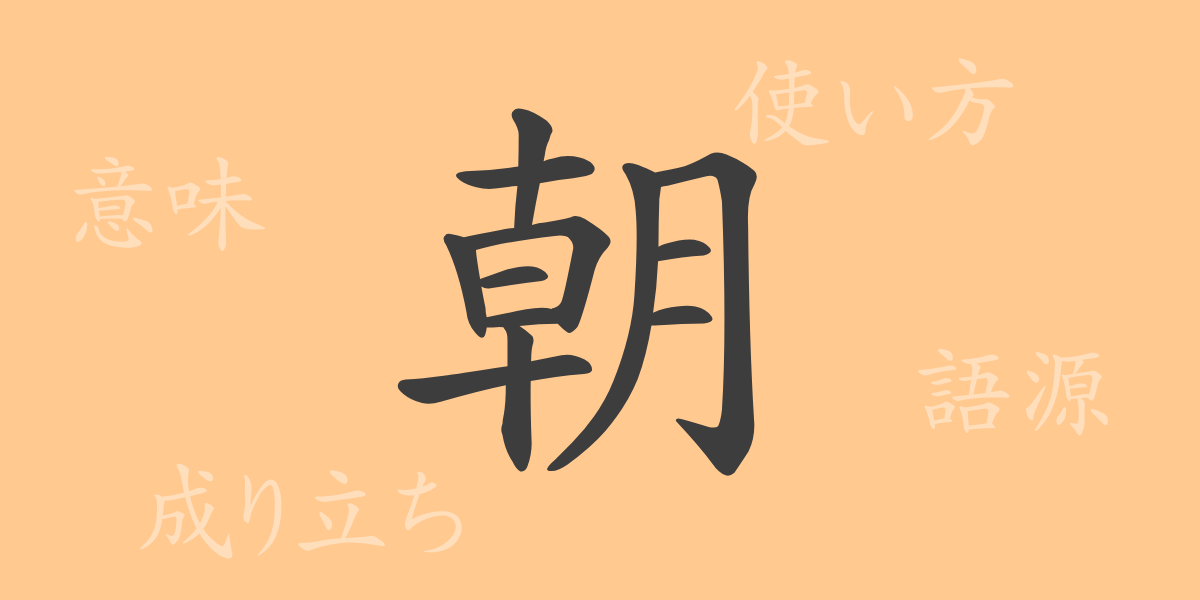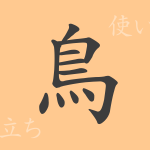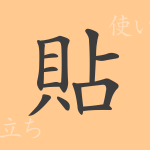The time of ‘morning’ in Japanese, represented by the Kanji ‘朝(チョウ)’, holds a significance beyond mere hours. This article delves into the Kanji ‘朝’, exploring its origins, meanings, usages, and its profound significance in Japanese culture. From the tranquility of morning to the bustle that follows, we unravel the rich world embodied by this single character.
Origins of ‘朝(チョウ)’
The journey to understanding the Kanji ‘朝’ takes us back to ancient China. Originally symbolizing the sunrise, the character evolved to mean the start of a day, or ‘morning’. It combines the radicals for ‘sun’ (日) and the disappearing ‘moon’ (月), reflecting the ancient wisdom that emphasized the cycles of time and celestial movements.
Meaning and Usage of ‘朝(チョウ)’
While ‘朝’ primarily denotes the start of the day at sunrise, it also refers to activities typical of the morning. Symbolically, mornings are often seen as a fresh start or a beacon of hope. Common usages include ‘朝食(あさごはん)’ for breakfast and ‘朝市(あさいち)’ for morning markets.
Readings, Stroke Count, and Radical of ‘朝(チョウ)’
‘朝’ is frequently featured in Japanese calligraphy, highlighting its aesthetic and structural significance:
- Readings: On’yomi ‘チョウ’, Kun’yomi ‘あさ’
- Stroke Count: 12
- Radical: ‘月部(つきへん)’
Phrases, Proverbs, and Idioms Using ‘朝(チョウ)’
‘朝’ appears in many idioms and proverbs, each carrying unique implications:
- ‘朝夕(あさゆう)’ – From morning to evening, symbolizing the beginning and end of the day.
- ‘朝日(あさひ)’ – Morning sun, symbolizing hope and new beginnings.
- ‘朝令暮改(ちょうれいぼかい)’ – A proverb about frequently changing decisions or policies.
- ‘朝三暮四(ちょうさんぼし)’ – An idiom advising to look beyond superficial differences to grasp the essence.
Conclusion on ‘朝(チョウ)’
The Kanji ‘朝’ deeply intertwines with the lives of the Japanese, transcending its literal meaning to influence culture and psychology. As a symbol of the complexity and beauty of Japanese, ‘朝’ enriches the language, reminding us daily of the fresh start each morning brings.

























